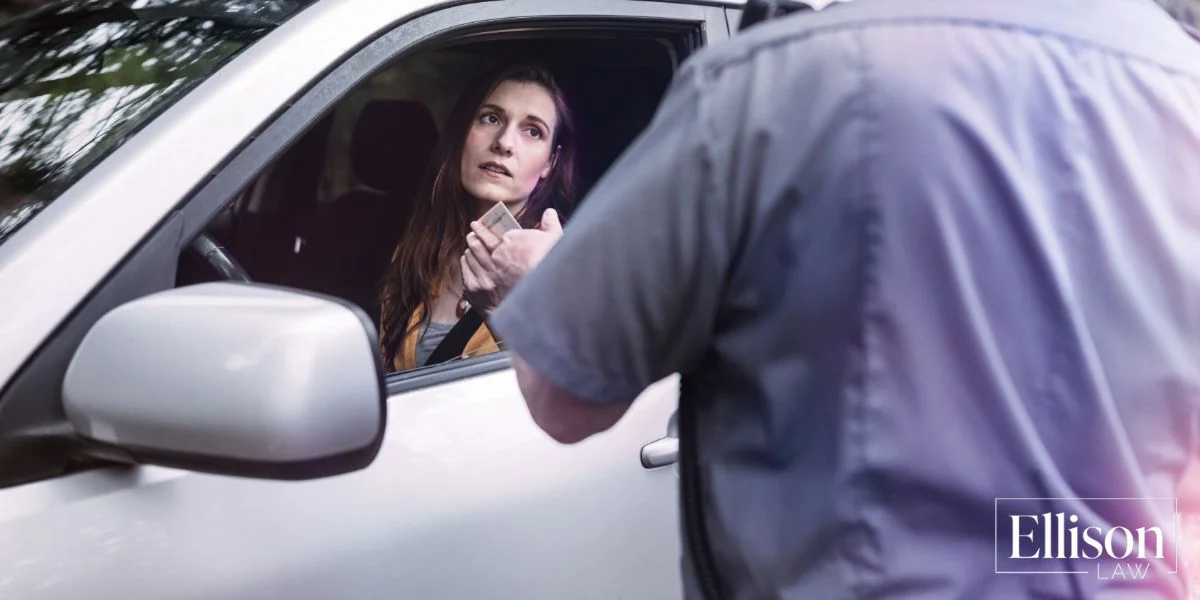From Examination to Pardon: Understanding the Function of an Offender Protection Lawyer in Different Technique Areas
In the world of criminal defense regulation, the role of a defense lawyer extends much beyond courtroom depiction. From carefully dividing proof during pre-trial prep work to crafting cutting-edge protection techniques customized to various method locations, a criminal defense legal representative operates at the junction of legal know-how and strategic acumen.
Pre-Trial Prep Work
In the world of criminal defense, pre-trial prep work plays an important duty in developing a strong protection approach. This phase includes careful preparation and analysis by defense lawyer to ensure that they are well-equipped to represent their customers properly in court. One of the key goals of pre-trial prep work is to gather all appropriate proof and details pertaining to the case. This consists of reviewing police reports, witness statements, and any type of physical proof that might have been collected.
Moreover, throughout pre-trial prep work, defense attorney additionally concentrate on identifying and speaking with prospective witnesses who can supply important statement to sustain the client's situation. They may also seek advice from with specialists in numerous areas to gain insights that can strengthen their protection method. Additionally, pre-trial preparation typically includes carrying out legal research study to determine relevant laws, criteria, and court judgments that can be utilized to bolster the defense's disagreement.
Test Advocacy
Having meticulously laid the groundwork during pre-trial preparation, criminal protection legal representatives move their focus to test campaigning for, where they masterfully present their case in court. Test advocacy is an important stage where protection lawyers employ numerous methods to protect their clients versus prosecution. Throughout the trial, protection attorneys have the opportunity to test the prosecution's proof, cross-examine witnesses, and provide their very own proof to support their customer's innocence.

Eventually, test advocacy plays an essential duty in figuring out the end result of a criminal situation, making it vital for defense attorney to approach this stage with precision, self-confidence, and calculated acumen.
Punishing Reduction
During the sentencing phase of a criminal instance, defense lawyer concentrate on mitigating variables to promote for a desirable end result for their customers. Sentencing reduction involves presenting proof and disagreements to encourage the judge to enforce a much less severe punishment. This stage is essential as it can substantially influence the final outcome for the accused.
Protection legal representatives may provide mitigating variables such as the defendant's absence of prior criminal background, their favorable payments to the community, or any conditions that led to the criminal behavior. By highlighting these elements, protection attorneys aim to humanize their customers and show that they are entitled to compassion.

Appeals and Post-Conviction Relief

In managing allures, criminal defense attorneys thoroughly examine test records, study lawful precedents, and craft compelling disagreements to present to the appellate court. They aim to demonstrate that errors happened during the trial that require a reconsideration of the decision. Post-conviction alleviation entails declaring movements and petitions based on particular grounds and commonly needs evidentiary hearings or additional investigations to support the claims made.
Efficiently navigating the charms and post-conviction relief process demands a deep understanding of criminal law, procedural regulations, and the capacity to create influential lawful debates to advocate for their clients' rights.
Specialized Defense Strategies
Making use of specialized protection techniques tailored to the one-of-a-kind circumstances of each instance is an essential aspect of the job undertaken by criminal protection attorneys. These approaches are essential in testing the prosecution's situation, safeguarding the civil liberties of the charged, and pursuing the best feasible outcome. One usual specialized protection approach is making use of specialist witnesses to supply testimony on details technical or scientific aspects of a situation (traffic ticket lawyer). For instance, in a white-collar criminal that site activity situation including complicated economic transactions, an accounting professional or forensic economist may be contacted to discuss the details to the court.
Another specialized defense technique includes testing the validity of proof obtained by legislation enforcement. This can consist of declaring motions to suppress proof gotten via an illegal search or seizure, or questioning the reliability of witness declarations. Furthermore, in situations where psychological wellness plays a duty, a defense attorney may employ a technique focused on establishing the accused's psychological state at the time of the supposed infraction.
Eventually, the efficiency of specialized defense methods depends on the attorney's capacity to adjust and use them skillfully to the distinct scenarios of each case, ultimately working in the direction of attaining the ideal possible result for their client. dwi lawyer.
Final Thought
To conclude, criminal defense attorneys play an essential role in numerous method areas, from pre-trial preparation to test campaigning for, punishing mitigation, allures, and specialized protection techniques. They work carefully to make sure that their clients obtain reasonable and just therapy under the regulation, assisting them through the intricacies of the legal system and advocating for their civil liberties. Ultimately, their competence and dedication can make a substantial difference in the outcome of a criminal official statement situation.
In the realm of criminal defense legislation, the role of a protection attorney expands much beyond court room representation. From diligently dissecting proof throughout pre-trial preparation to crafting cutting-edge defense approaches tailored to various technique areas, a criminal protection attorney runs at the crossway of lawful competence and strategic acumen.In the world of criminal protection, pre-trial preparation plays a critical role in building a strong protection technique - criminal defense lawyer.Using specialized defense strategies tailored to the special circumstances of each case is an essential facet of the job embarked on by criminal protection lawyers.In final thought, criminal protection legal representatives play a vital role in various method locations, from pre-trial preparation to test advocacy, punishing reduction, appeals, and specialized protection methods